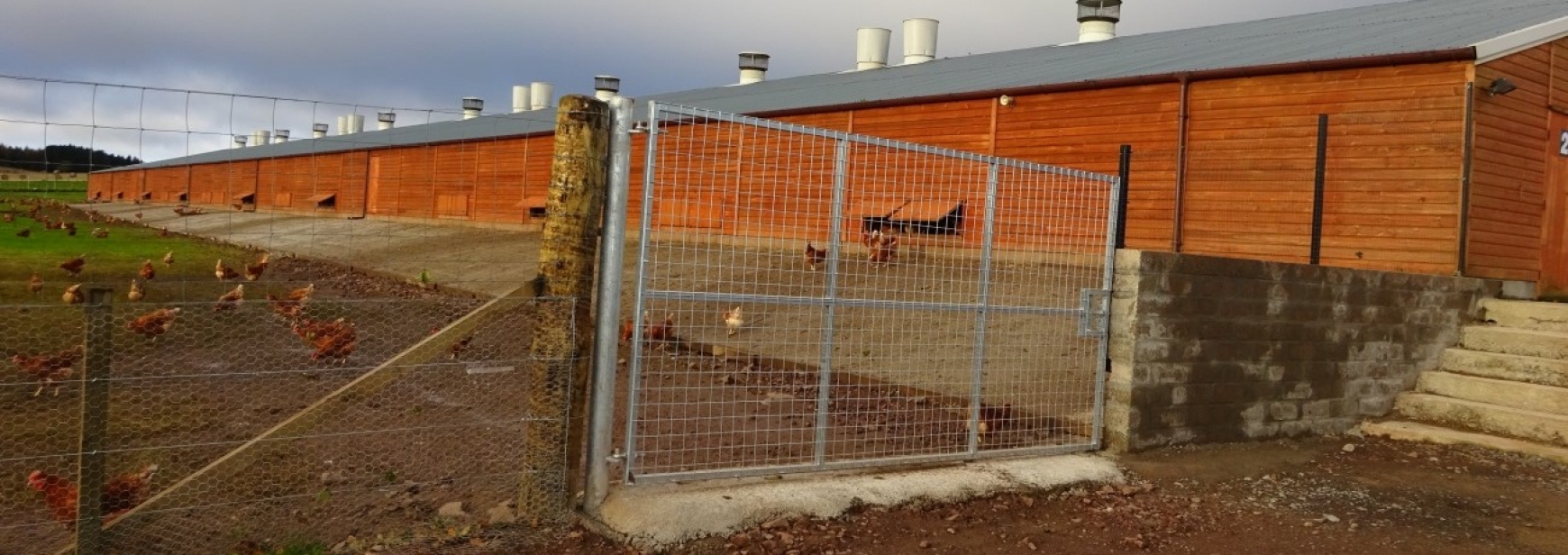Renewable energy systems have been widely adopted by the poultry industry through the uptake of Renewable Heat Incentive (RHI). This scheme pays owners and operators of accredited renewable systems such as biomass boilers and heat pumps a tariff for the use of the heat. This tariff is set to provide a return on investment against significantly higher capital costs of renewable systems and also to help stimulate the popularity of non-fossil fuel heating.
The RHI has undergone several impacting changes since 2011, the rates payable for biomass systems have fallen significantly in line with uptake and installing a biomass boiler now requires good project establishment and an inexpensive fuel source. By contrast heat pumps, both in the poultry industry and beyond, have not had the popularity that the government expected and therefore rates remain high and good returns can be made.
One major advantage of indirect heating sources such as fan coils from biomass or heat pumps is that bird welfare is improved because litter is kept drier and the heat is more gently applied.
To ensure that RHI payments keep coming in, it is important to keep up-to-date with ongoing compliance. In fact, installation and accreditation are just the start, when it comes to life with a biomass boiler. If your Renewable Heat Incentive (RHI) accredited system is several years old, has been modified since installation or, if you are uncertain whether it would pass an Ofgem audit, then our RHI HealthCheck service is for you.
Join us today and tomorrow at the British Pig and Poultry Fair, Stoneleigh Park, 15 and 16 May, to find out more. The team will be on the NFU Stand, which is stand number two in Hall One.
If you are unable to make it to the event and would like more information, please give our team a call on 024 7669 6512. We can help any business, not just poultry!
This is part two in our blog series “Tips to minimise your energy bills in poultry housing”.
Read part one: Buying energy for poultry housing.


